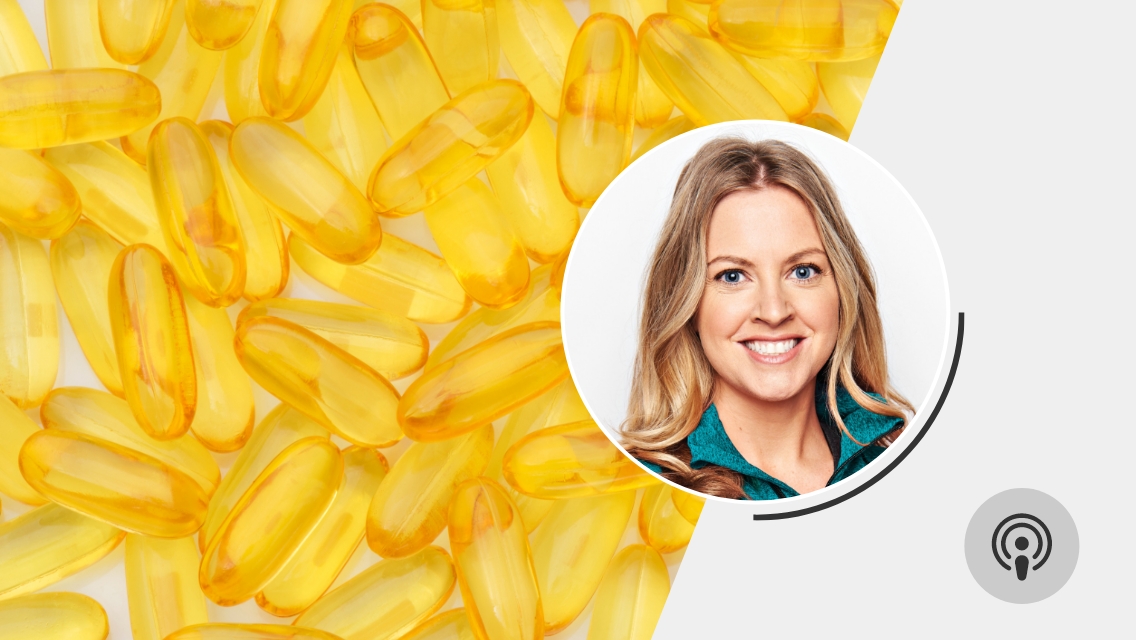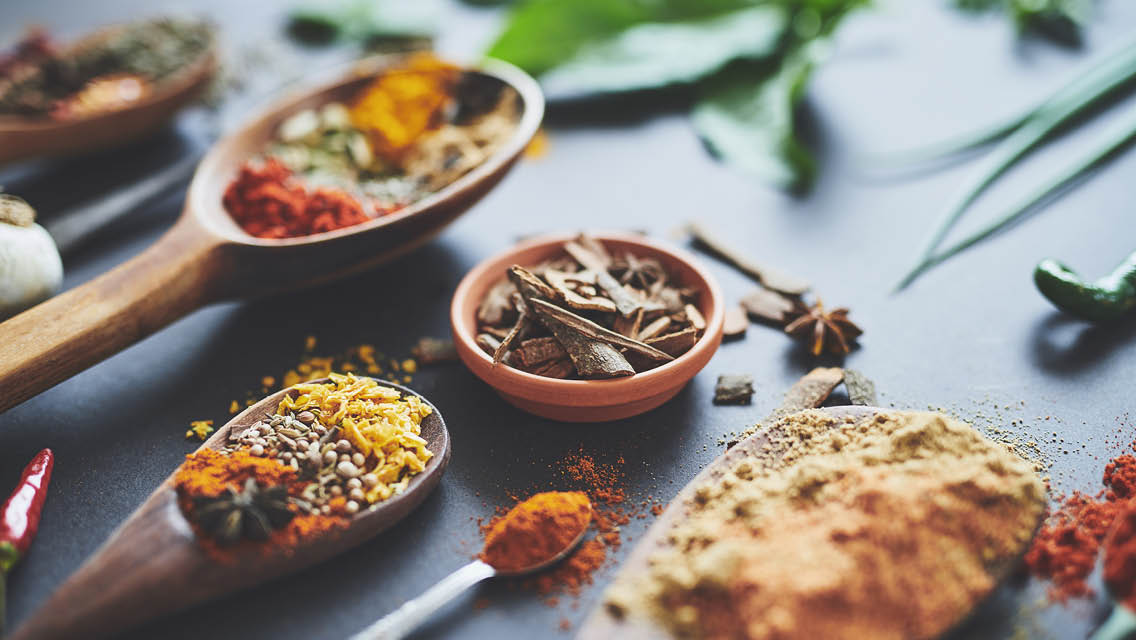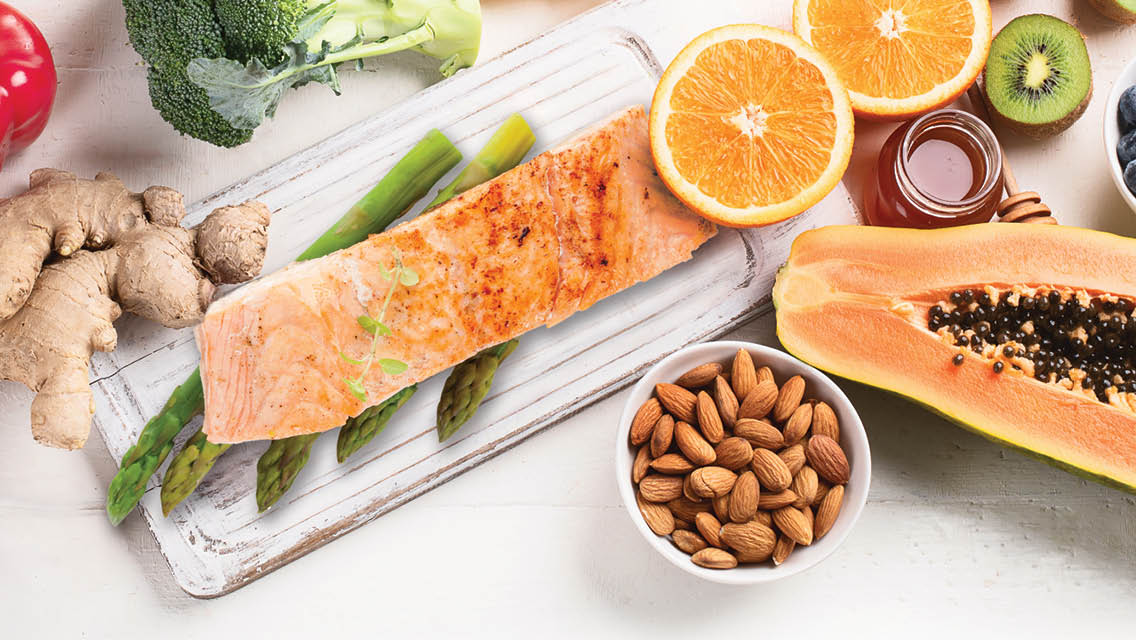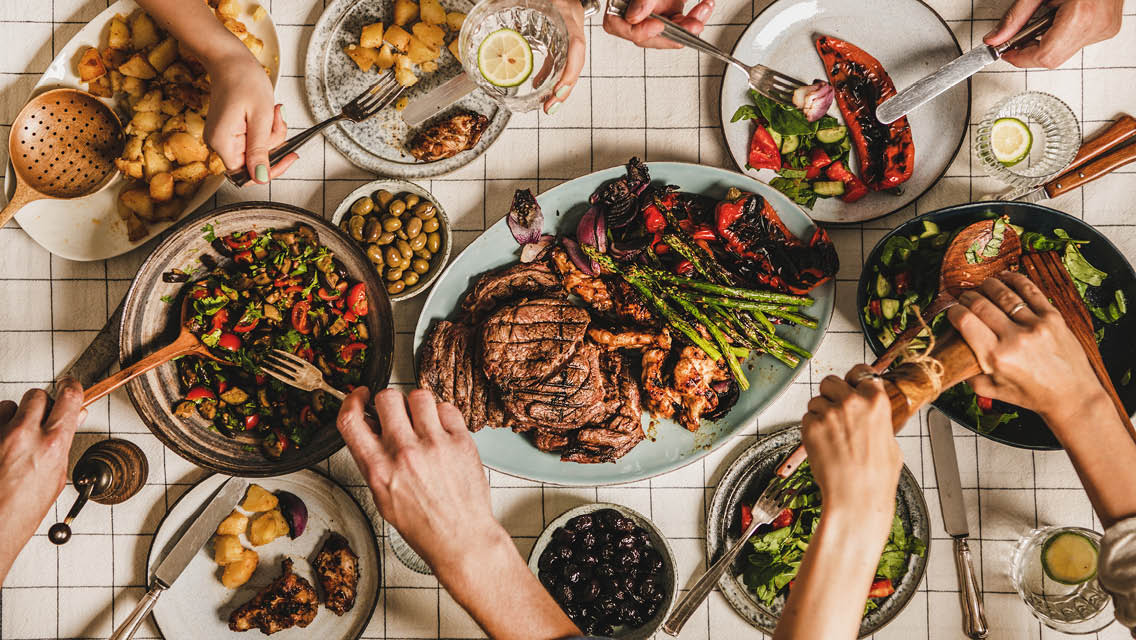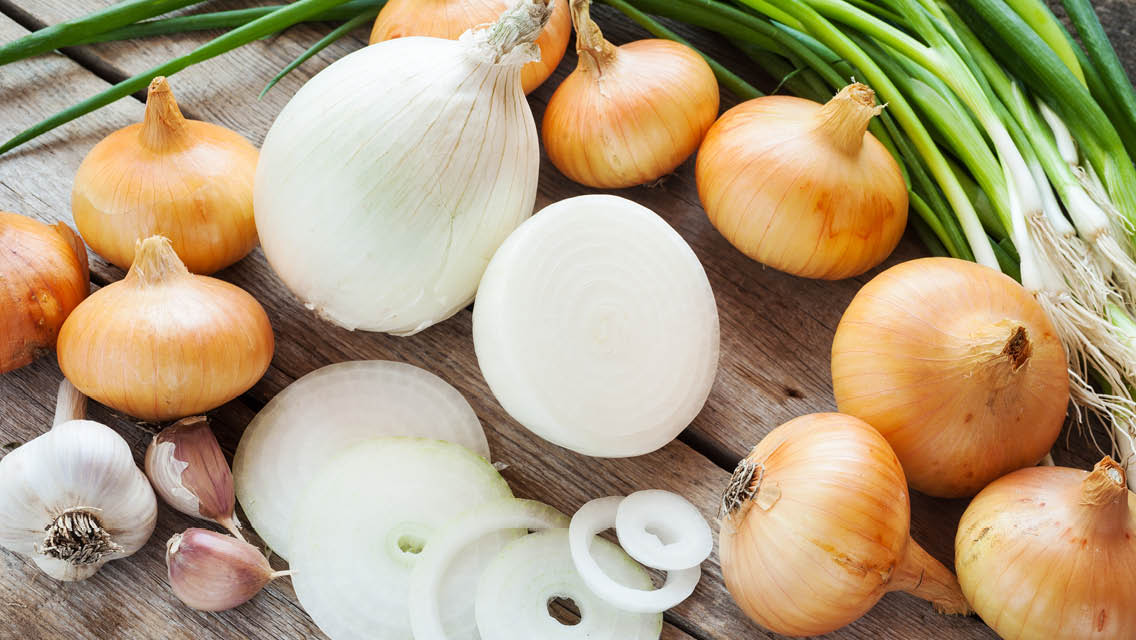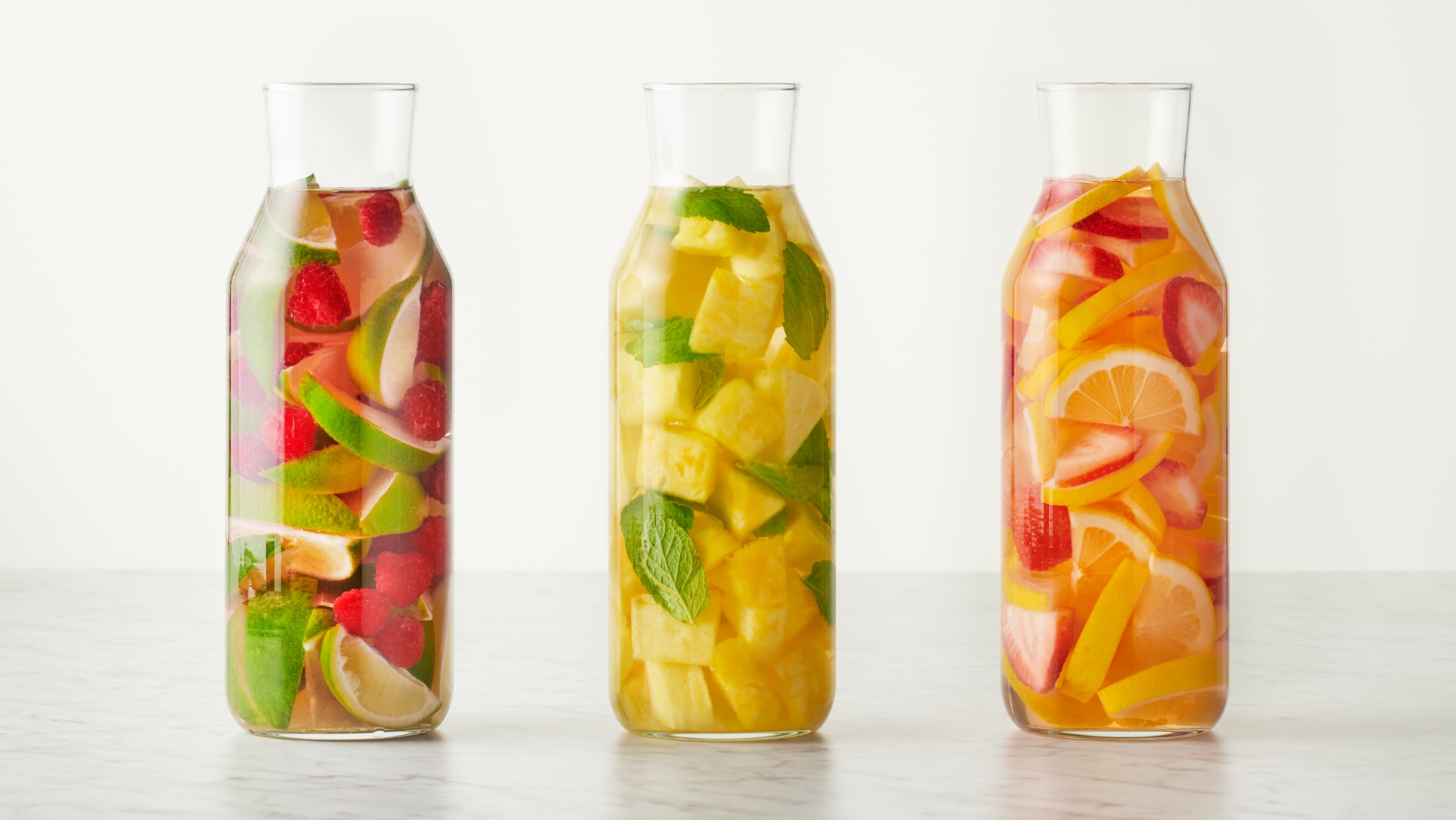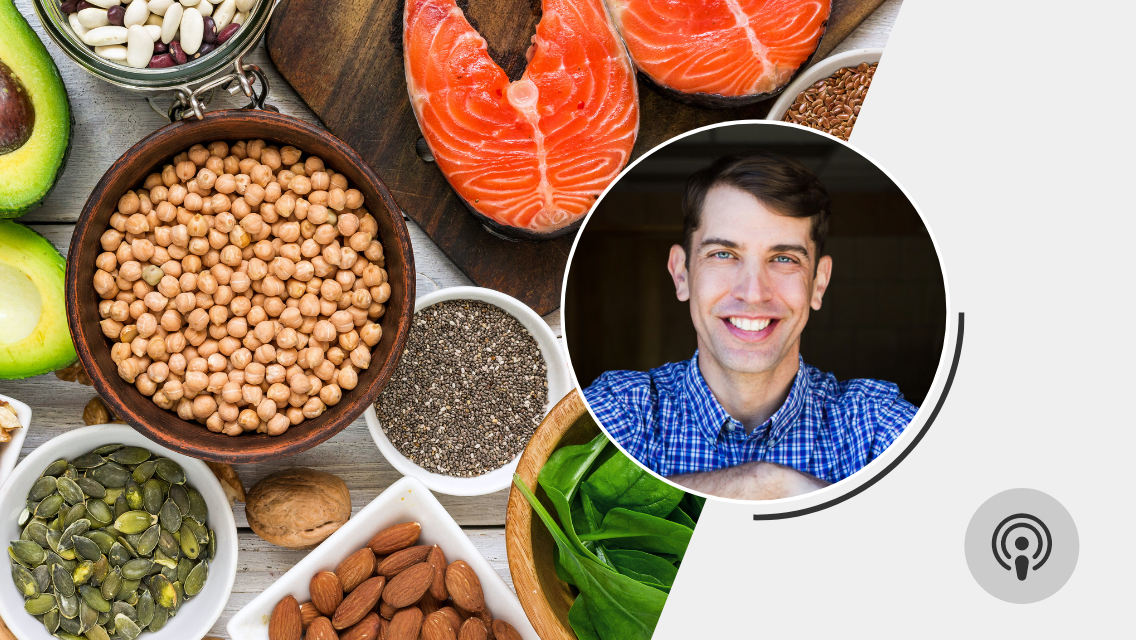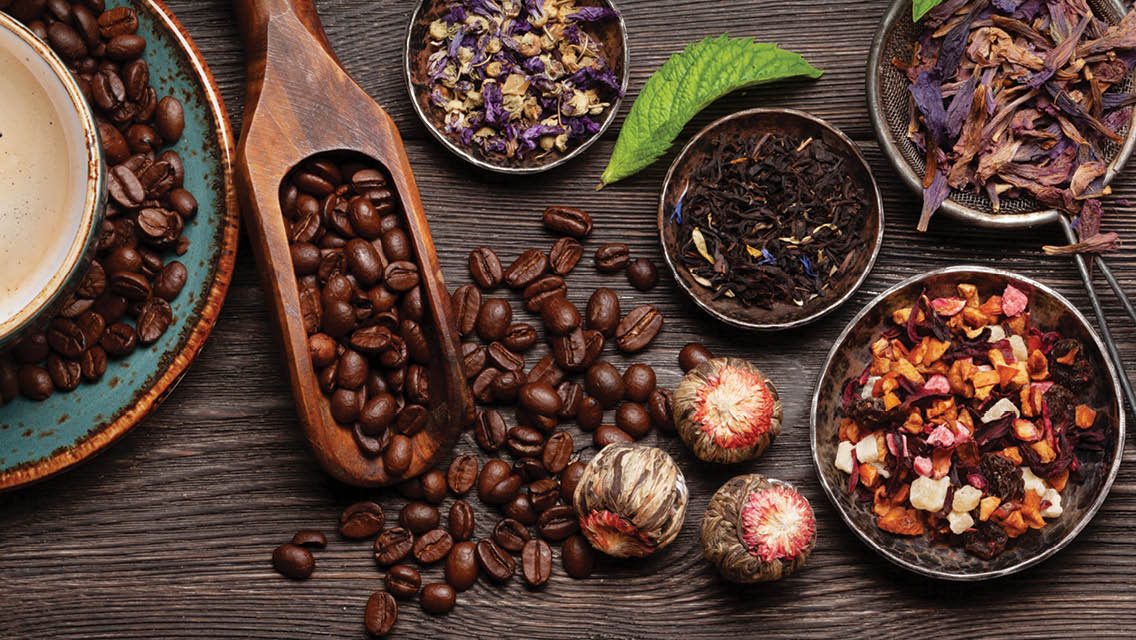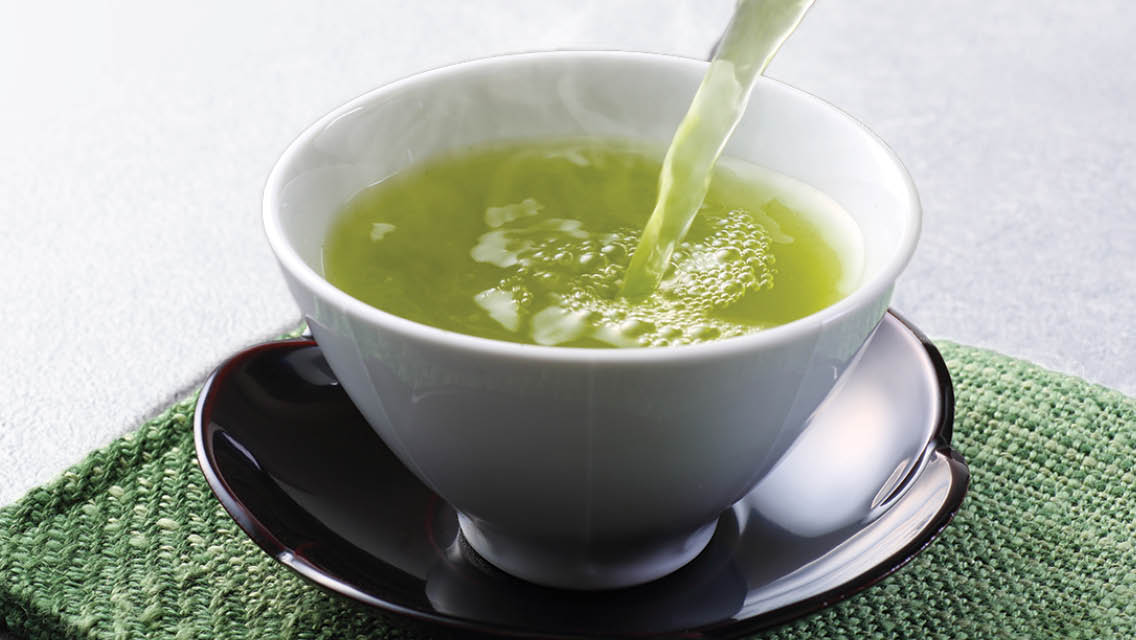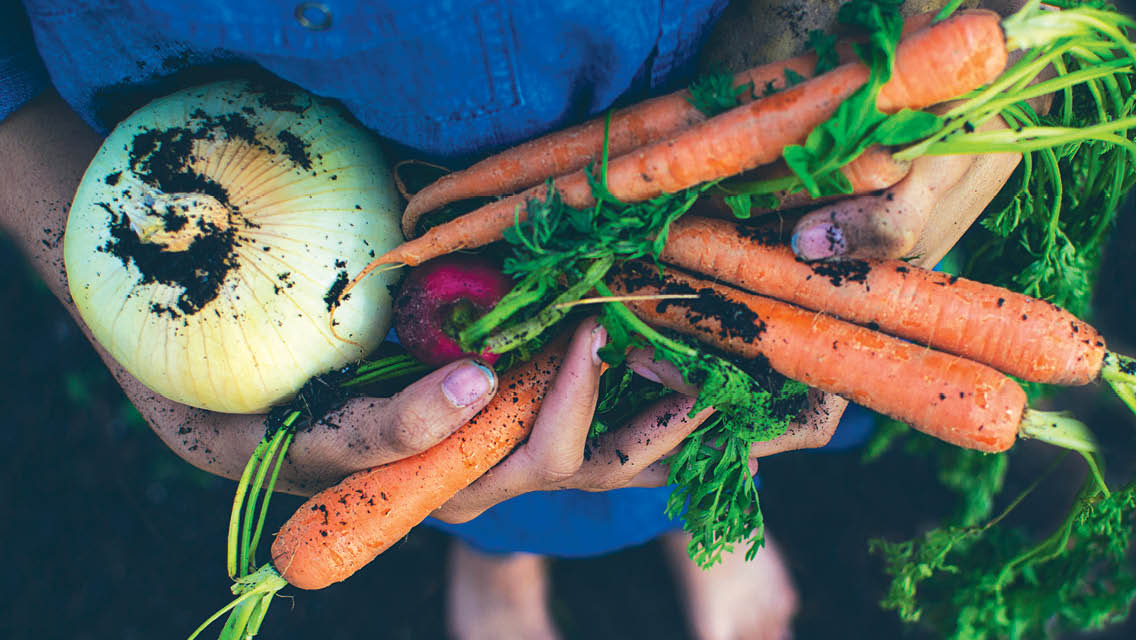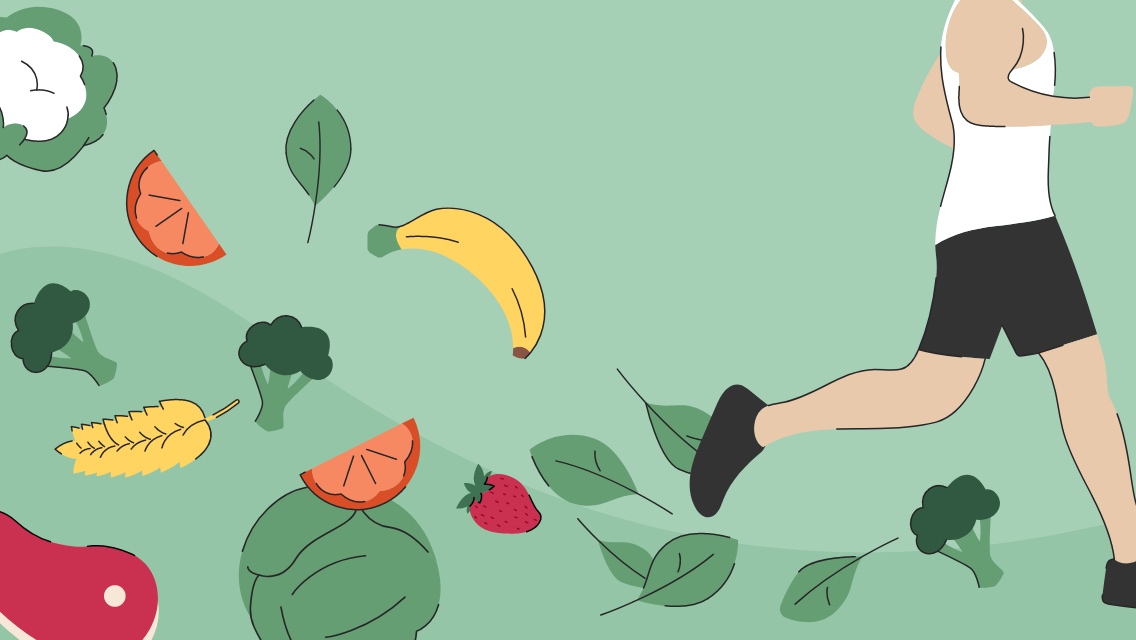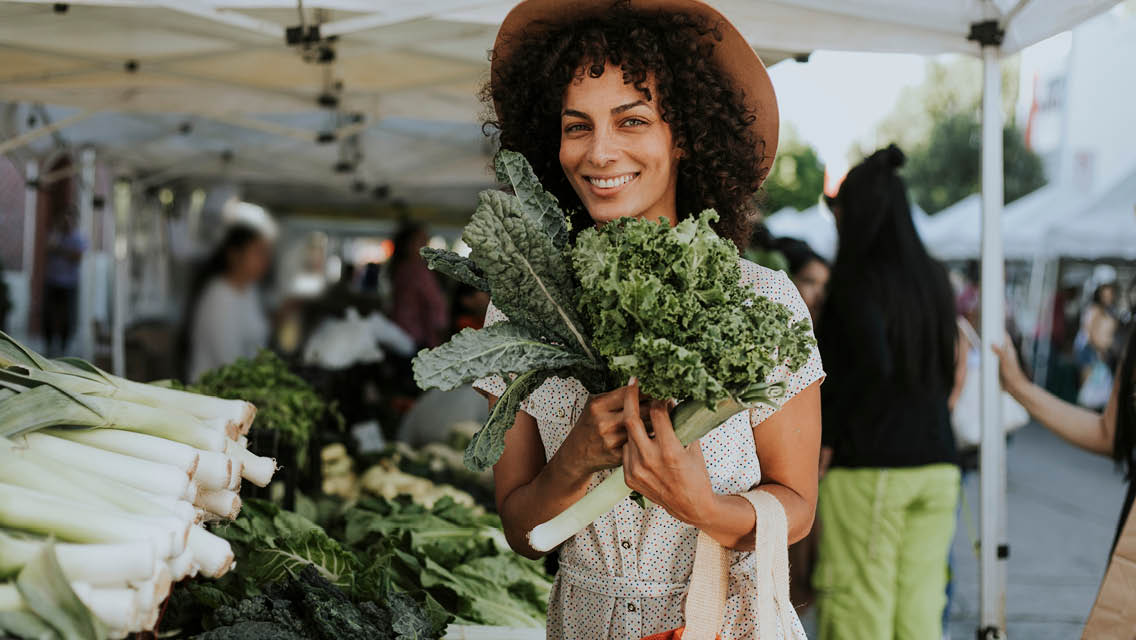Nutrition Tips
LATEST STORIES
What Are the Health Effects of Moderate Alcohol Consumption?
Alcohol seems to affect us all differently — and even affect our own bodies differently over time. Here are answers to some of your questions about booze and the body.
Good Eats for All: How to Navigate the Holidays With Dietary Restrictions
Based on learnings from her own healing journey, best-selling cookbook author Danielle Walker shares tips for enjoying seasonal gatherings when dealing with food intolerances or allergies.
Why Vitamin D?
Vitamin D is the most common micronutrient deficiency — but it’s also one that we can prevent with relative ease. In this mini episode, Anika Christ, RD, CPT, explains why vitamin D is critical to our health, including its role in immunity, and offers ways we can make sure our bodies get optimal levels.
Foods to Eat — and Avoid — During Cancer Treatment
Use nutrition to help protect — and fortify — a weakened immune system during cancer treatment.
6 Tips for Sourcing High-Quality, Fair-Trade Spices
If you want to buy fresh seasonings grown by farmers who are treated fairly, keep these suggestions in mind.
The Benefits of Alkaline Water
Research suggests alkaline water may help lower blood pressure and cholesterol and moderate the effects of diabetes.
Eating Well During Cancer Care
Integrative cancer experts offer ways to nourish yourself when food seems less appealing.
How to Lower Grilled Meat’s Cancer Risk
Adding onions and garlic to a meat marinade may offset the risks of heterocyclic amines.
What You Need to Know About Alliums
What is an allium — and why do you need to eat more of them? Read on for the benefits of onions, garlic, leeks, and more.
How Much Caffeine Is In That?
The amount of caffeine in some of our favorite foods and drinks varies greatly.
3 Ways to Get Hydrated — That Aren’t Plain Water
Try one of these three creative ways to boost your body’s hydration levels.
Building Mental Health Through Nutrition
Of all the calories we eat each day, 20 percent are used by our brains — so it’s no wonder there’s such a strong connection between our nutritional habits and mental-health status. Drew Ramsey, MD, psychiatrist, author, and mental-health advocate, joins us to explain this relationship and teach us about the food choices that best support our brains and mental well-being.
How Much Caffeine Is Right for Me?
To figure out how much caffeine — if any — is OK for you, try eliminating it for a couple of weeks and then reintroducing it.
Why Hydration?
Our bodies are 70 percent water, so maintaining a healthy body starts with sustaining healthy hydration habits. In this mini episode, Paul Kriegler, RD, explains why proper hydration is so essential for our health and how we can make sure we’re optimizing our water intake.
How Does Caffeine Really Affect Your Health?
Your questions about this common stimulant, answered.
Green-Tea Lovers May Live Longer
Drinking green tea at least three times a week is associated with a lower risk of heart disease and stroke, according to recent research.
Can Regenerative Agriculture Save Us?
Why nourishing topsoil, raising healthier animals, and growing more nutrient-dense crops and produce is critical to the future of food — and the planet.
Why Nutrition-Only Programs Rarely Work
Looking for transformational results? Learn why nutrition, exercise, and lifestyle all play a pivotal and connected role.
Fueling for Your Workouts
Fueling for workouts can be tricky: How we do it depends on a lot of individual factors, and it can take time to learn what does or does not work for us. Cliff Edberg, RD, Master Trainer at Life Time, breaks down what we need to know about pre- and post-workout nutrition, and offers general guidelines we can start with to then hone in on what’s best for us.
Can People With Thyroid Conditions Eat Cruciferous Vegetables?
Cooking and fermenting the veggies — and making sure you have adequate iodine — might be the key.


